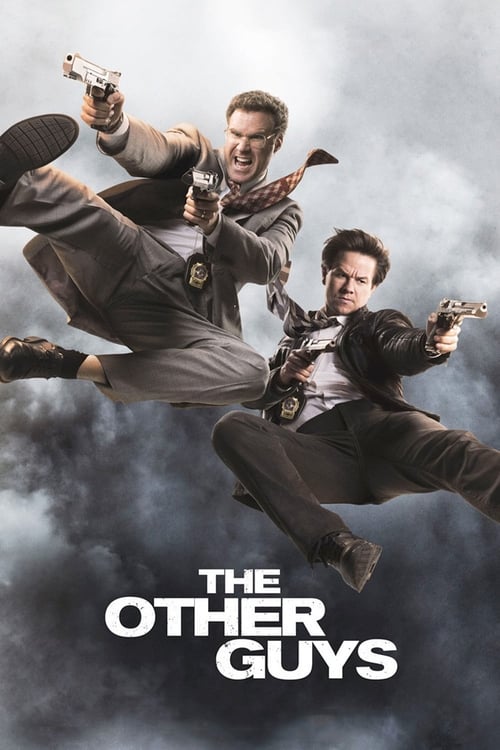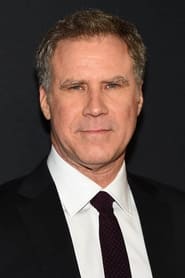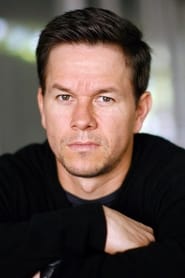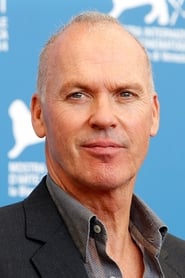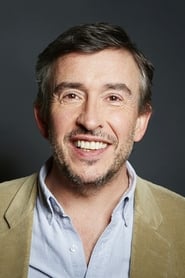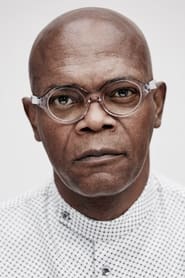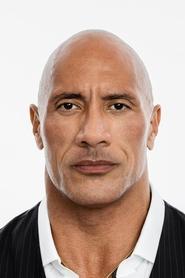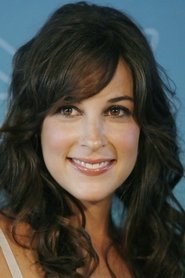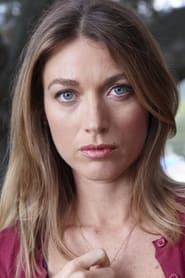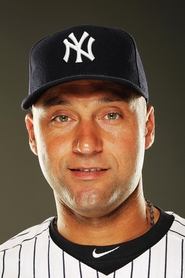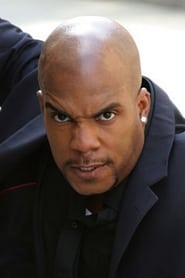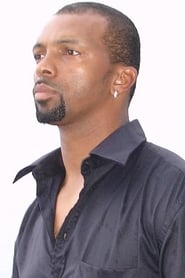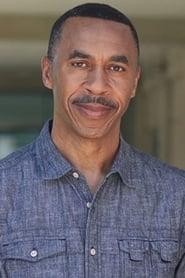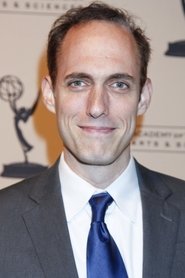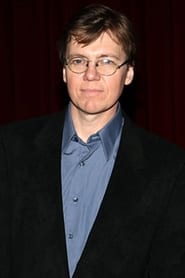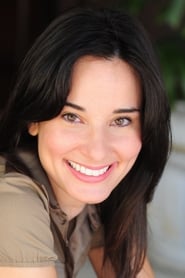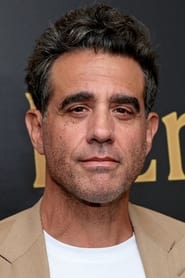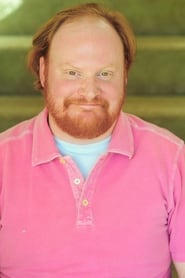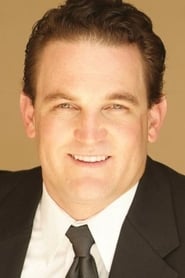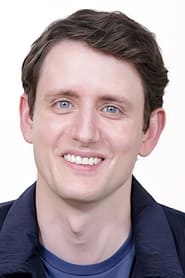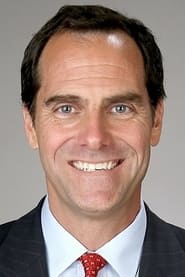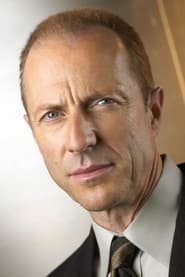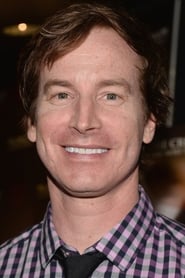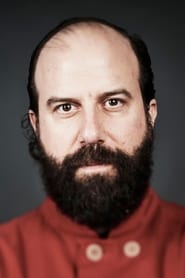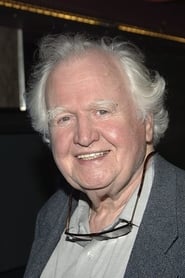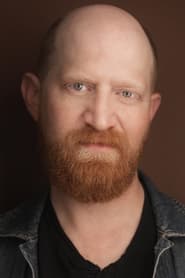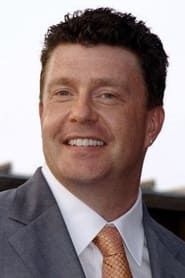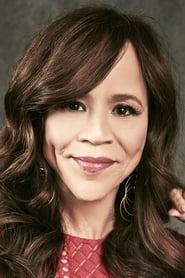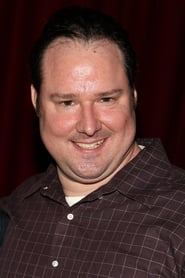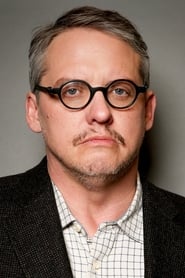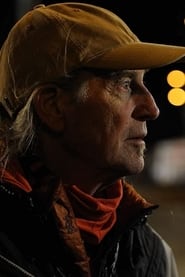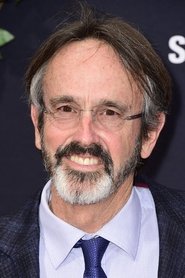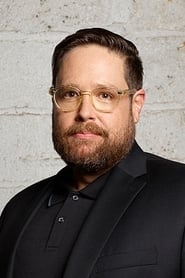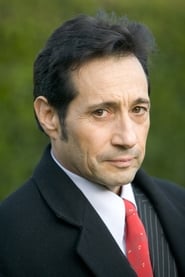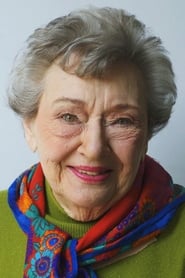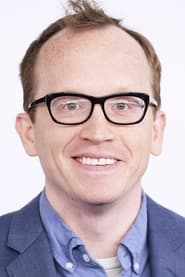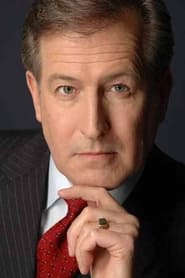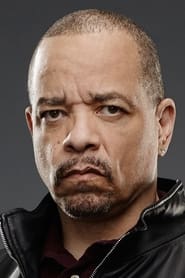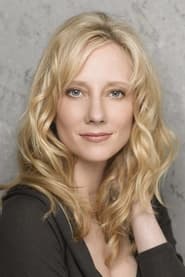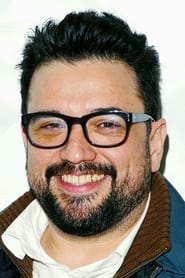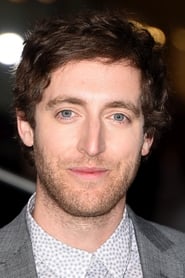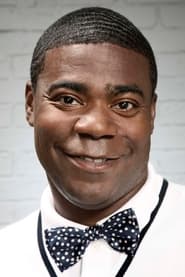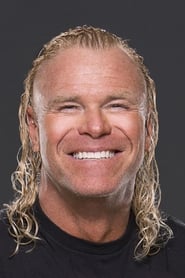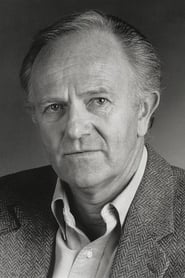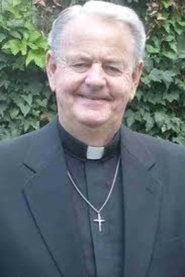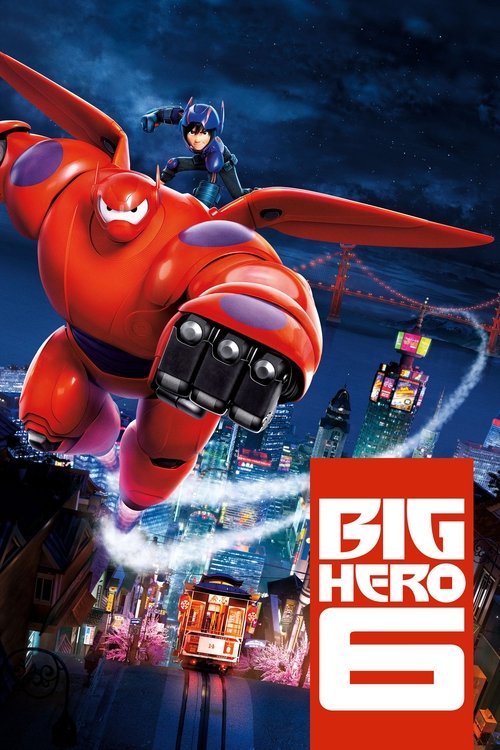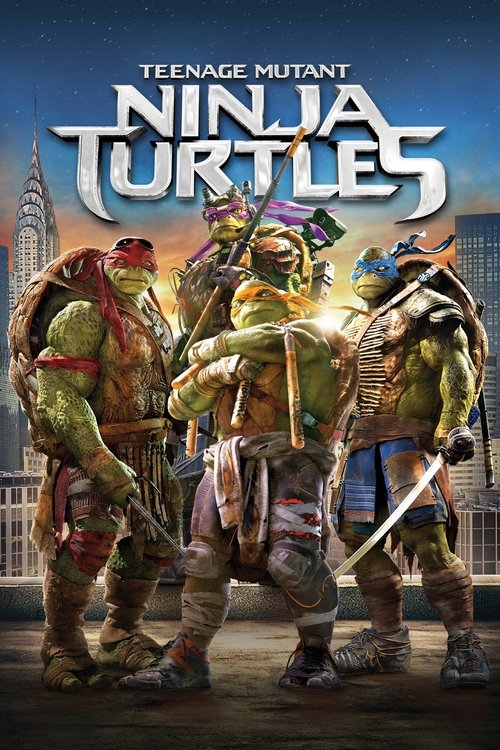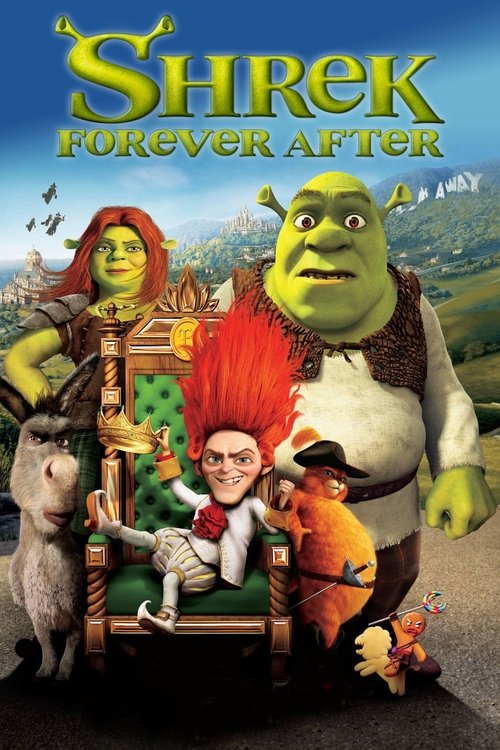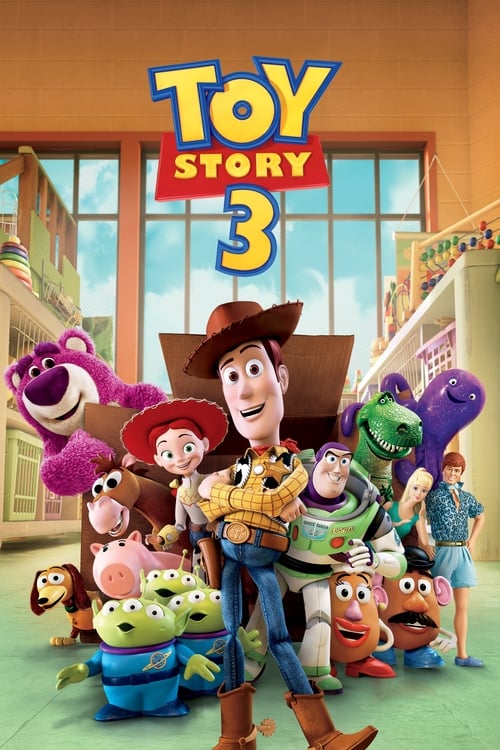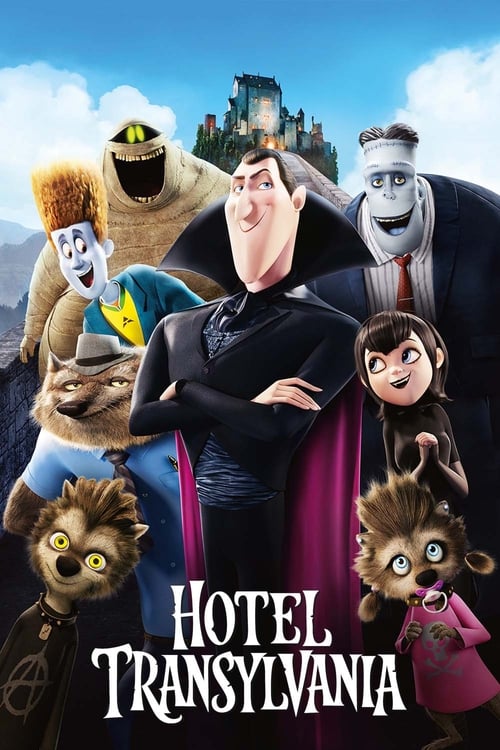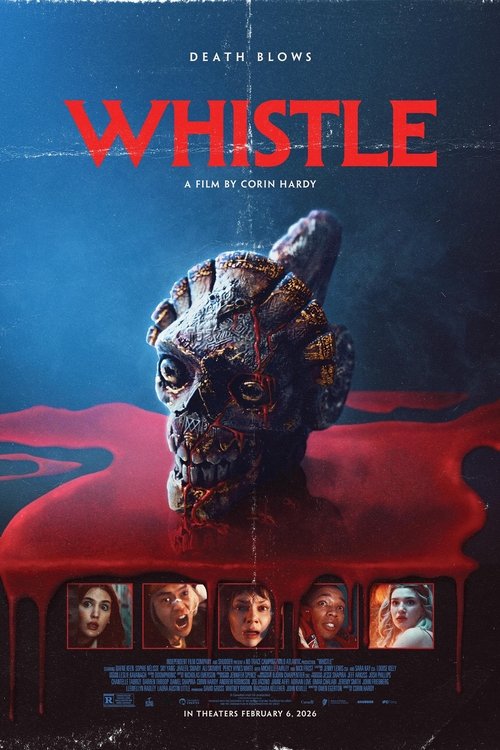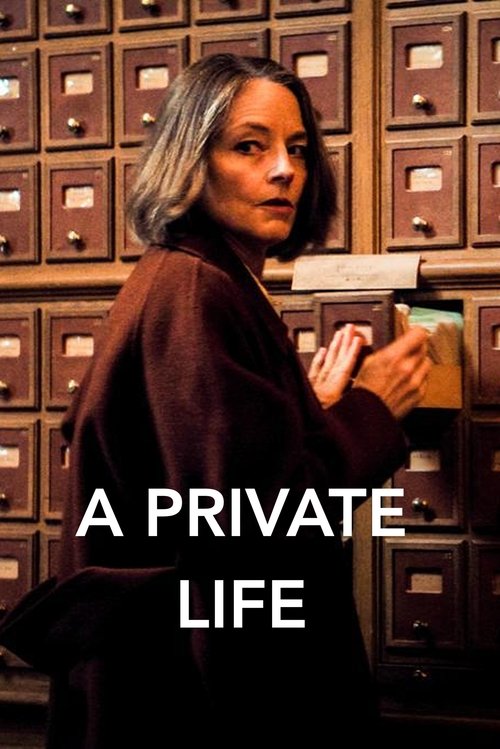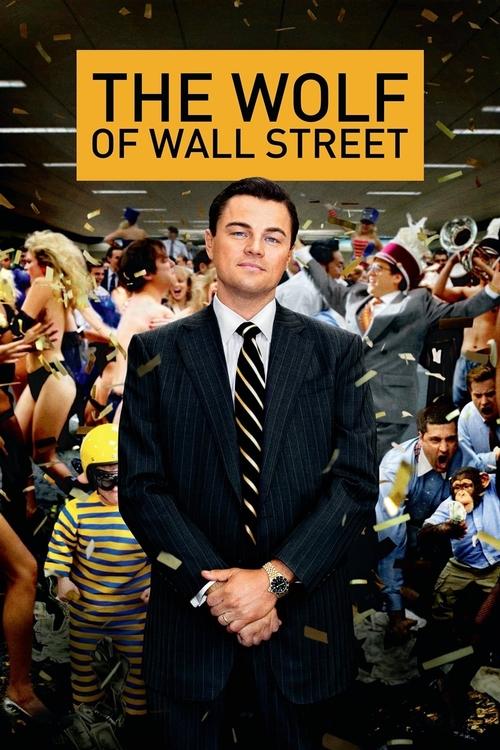
Ask Your Own Question
What is the plot?
The morning sun glares off the glass towers of Manhattan as a police helicopter hovers over the city, its blades chopping through the air. Inside, NYPD detectives P.K. Highsmith (Samuel L. Jackson) and Christopher Danson (Dwayne Johnson)--the city's most celebrated, reckless cops--prepare for another wild chase. Ice-T's voice booms over the scene, narrating the absurdity: "This is what happens when you take two of the baddest cops in the city and put them on the street." The two heroes leap from the roof of a building, guns blazing, as they pursue a gang of jewel thieves. The chase is a blur of explosions, gunfire, and shattered glass--culminating in Highsmith and Danson leaping off a parking garage, guns drawn, shouting, "Aim for the bushes!" The camera lingers on their bodies, crumpled and lifeless on the pavement below--a shocking, darkly comic end to the city's beloved "rock star" cops.
The NYPD precinct is in mourning, but for Detectives Allen Gamble (Will Ferrell) and Terry Hoitz (Mark Wahlberg), the deaths are a wake-up call. Allen, a mild-mannered forensic accountant, is content with his paperwork, humming softly as he files reports. Terry, a hot-headed detective still haunted by accidentally shooting Yankees star Derek Jeter during the 2003 World Series, seethes with frustration. "You're a pussy, Gamble," Terry snarls, pacing the office. "You're happy being a desk jockey while real cops are out there risking their lives." Allen smiles, unfazed. "I like paperwork. It's safe." Their banter is interrupted by Captain Gene Mauch (Michael Keaton), who barks orders in his usual distracted manner, juggling his police duties with a second job at Bed Bath & Beyond.
The precinct is a circus of personalities: Martin (Rob Riggle) and Fosse (Damon Wayans Jr.) mock Allen and Terry relentlessly, while Captain Mauch drops TLC lyrics into casual conversation, oblivious to their origin. The atmosphere is tense, electric with the void left by Highsmith and Danson. Everyone wants to be the next hero, but Allen and Terry are the "other guys"--overlooked, underestimated, and desperate to prove themselves.
Their chance comes with a seemingly minor case: a scaffolding permit violation at a small suburban accounting office. Allen, ever the rule-follower, insists on investigating. Terry reluctantly agrees, hoping for a shot at redemption. As they arrive at the office, the air is thick with the scent of toner and stale coffee. The receptionist eyes them warily. Allen flips through files, his eyes narrowing as he spots discrepancies. "This isn't just about a permit," he murmurs. "Something's off." Suddenly, the office explodes in a fireball--a bomb planted by mercenary Wesley, hired to silence anyone digging into the case. Allen and Terry are thrown across the room, bloodied but alive. The danger is real, and the stakes have just skyrocketed.
Shaken, Allen confides in Terry as they recover in the hospital. "I wasn't always like this," Allen admits, his voice trembling. "In college, I ran a prostitution ring. I called myself 'Gator.' I was violent, out of control. Ended up in the hospital, met Sheila, and joined the NYPD to keep 'Gator' locked away." Terry stares, incredulous. "You? A pimp?" Allen nods, his usual calm cracking for a moment. The revelation deepens their bond, even as it unsettles Terry.
Meanwhile, Terry's personal life is a mess. He tries to reconnect with his ex-fiancée, Francine, but his anger issues drive her away again. "You haven't changed," she says, her voice cold. "Until you do, we're done." Terry's frustration mounts, but he channels it into the case, determined to prove himself.
Back at the precinct, Captain Mauch orders Allen and Terry to hand over their evidence to Ershon's attorney, Don Beaman, who also works for the Securities and Exchange Commission. Suspicious, Allen and Terry refuse, but Mauch insists, citing political pressure. "This is bigger than you two," Mauch warns. "Ershon's connected. Back off." Reluctantly, they comply, but Beaman is found dead soon after--an apparent suicide, though the circumstances are murky. The tension is palpable as Allen and Terry realize they're being manipulated, their every move watched.
Mauch, fearing the fallout, splits the pair up--Terry to traffic duty, Allen to beat patrol. But Allen can't let it go. He digs deeper, uncovering a trail of financial records that lead to David Ershon (Steve Coogan), a slick, arrogant investment banker who has lost $32 billion of client funds. Ershon, desperate to cover his tracks, has hired mercenaries to eliminate anyone who gets too close. Allen pieces together that Highsmith and Danson's deaths were no accident--they were lured into a jewel robbery as a diversion so Ershon's men could break into another accounting firm tied to the fraud.
Allen tracks down Terry, who's fuming on traffic duty. "We're being played," Allen says, his voice urgent. "Ershon's laundering money, covering his tracks with murder. We have to stop him." Terry hesitates, then nods. "Let's do it. But no more desk jockey shit. We're going in hard." The two reunite, their partnership stronger than ever.
They confront Captain Mauch at his Bed Bath & Beyond job, laying out the evidence. Mauch, sweating under the fluorescent lights, finally admits the truth: "I've been holding you back because Ershon's got friends in high places. But if you're right, this could bring down the whole department." He gives them the green light, warning them to be careful. The tension is thick as they prepare for the final showdown.
The investigation leads them to Ershon's lavish offices, where they find damning evidence of embezzlement and money laundering. Ershon, cornered, tries to bribe them with concert and game tickets. "You guys like sports, right? How about front row at the Knicks?" Terry scoffs. "We're not for sale." Ershon's smirk fades as he realizes they're serious. He signals his mercenaries, led by the ruthless Wesley, who kidnap Allen and Terry, shipping them to Las Vegas in a desperate attempt to silence them.
In Vegas, the pair escape their captors in a chaotic, comedic sequence, stealing a car and racing back to New York. The city pulses with energy as they prepare for the final confrontation. Allen's wife, Sheila Ramos Gamble (Eva Mendes), a forensic pathologist, is drawn into the chaos when Terry, infatuated and incredulous that someone like Allen could be married to such a beautiful woman, awkwardly tries to impress her. "You're married to him?" Terry blurts out, unable to hide his disbelief. Sheila smiles, amused. "He's more than he seems." The moment is light, but the danger is ever-present.
The climax unfolds at a heavily guarded bank, where Ershon plans to transfer the stolen billions out of the country. Allen and Terry, armed with evidence and a newfound determination, storm the building. The air is thick with tension as gunfire erupts--mercenaries pour from every corner, bullets ricocheting off marble floors. Allen, channeling a bit of his old "Gator" persona, fights with unexpected ferocity. Terry, finally unleashing his pent-up rage, is a whirlwind of action. The camera lingers on their faces--Allen's usually calm features twisted in focus, Terry's eyes burning with purpose.
In the chaos, Wesley plants bombs throughout the bank, aiming to destroy the evidence and kill the detectives. Allen and Terry race against time, disarming explosives and trading fire with the mercenaries. The confrontation is brutal, visceral--glass shatters, alarms wail, and the scent of gunpowder fills the air. Finally, Allen corners Wesley. "It's over," Allen says, his voice steady. Wesley sneers, reaching for a detonator. A single shot rings out--Terry fires, dropping Wesley. The mercenary slumps to the ground, dead. The immediate threat is neutralized, but Ershon is still at large.
They chase Ershon through the bank's labyrinthine halls, finally cornering him in a vault. Ershon, sweating and desperate, tries to bargain. "You don't understand--I had no choice!" Terry grabs him, slamming him against the wall. "Tell it to the judge." The arrest is swift, the evidence overwhelming. The stolen funds are frozen, the conspiracy exposed. The city is safe, but the cost has been high.
In the aftermath, Allen and Terry are hailed as heroes. The precinct, once dismissive, now cheers their names. Captain Mauch, relieved and proud, promotes them. "You guys did good. Real good." The moment is bittersweet--Terry's anger is tempered by hard-won respect, Allen's quiet confidence finally recognized. Sheila, visibly pregnant, embraces Allen, her eyes shining with pride. Terry, awkward but sincere, offers a handshake. "You're not so bad, Gamble." Allen grins. "Neither are you, Hoitz."
The film ends with a montage of statistics about corporate crime and financial fraud, a tongue-in-cheek nod to the real-world issues underpinning the story. The final scene shows Allen and Terry back at their desks, the precinct buzzing around them. They share a look--a silent acknowledgment of everything they've been through. The "other guys" have become the heroes, their partnership unbreakable, their futures bright. The camera lingers as Terry, unable to resist, makes one last awkward comment to Sheila, who laughs, shaking her head. The credits roll, the city alive with possibility, the story of Allen Gamble and Terry Hoitz forever etched into NYPD lore.
Every secret has been revealed, every confrontation resolved. The deaths of Highsmith, Danson, Beaman, and Wesley are accounted for--each a casualty of greed, ambition, and the relentless pursuit of justice. The twists--Allen's dark past, Ershon's financial crimes, the manipulation of the system--are laid bare. The ending is complete, the resolution clear: sometimes, the most unlikely heroes are the ones who save the day.
What is the ending?
In the ending of "The Other Guys," detectives Allen Gamble and Terry Hoitz successfully take down the corrupt businessman, David Ershon, and his associates. They expose a massive financial fraud scheme, leading to Ershon's arrest. The film concludes with a montage showing the positive changes in the lives of the main characters, including Allen and Terry's newfound respect and recognition in the police department.
As the film approaches its climax, we find Allen Gamble and Terry Hoitz in a high-stakes situation. After a series of comedic misadventures, they finally piece together the evidence against David Ershon, a wealthy businessman involved in a massive Ponzi scheme. The tension builds as they prepare to confront him, knowing that this could be their moment to prove themselves as legitimate detectives.
Scene by scene, the narrative unfolds:
The first scene of the ending begins with Allen and Terry in their office, poring over the financial documents they have gathered. The atmosphere is charged with anticipation and determination. Allen, who has always been the more cautious and methodical of the two, is visibly anxious but excited about the prospect of finally making a significant arrest. Terry, on the other hand, is more brash and impulsive, trying to channel his frustration into action. They share a moment of camaraderie, realizing that they have come a long way from being the overlooked "other guys" in the precinct.
Next, they confront Ershon at a lavish party he is hosting. The scene is set with opulence, showcasing the wealth and excess that Ershon embodies. Allen and Terry, dressed in their typical police attire, stand out against the backdrop of the glamorous event. As they approach Ershon, the tension is palpable. Ershon, played with a mix of charm and menace, initially tries to brush them off, but the detectives are resolute. They present their evidence, and the atmosphere shifts from celebratory to confrontational.
In a dramatic turn, Ershon attempts to escape, leading to a chaotic chase through the party. The scene is filled with comedic moments as the detectives bumble their way through the crowd, inadvertently causing mayhem. However, their determination shines through, and they manage to corner Ershon. The moment is both thrilling and humorous, encapsulating the essence of their partnership.
As the dust settles, the detectives successfully apprehend Ershon, and the police department begins to take notice of their achievements. The scene transitions to the precinct, where their colleagues, who once dismissed them, now regard them with newfound respect. The camaraderie among the officers is palpable, and Allen and Terry bask in the recognition they have long sought.
The film then shifts to a montage that highlights the aftermath of their victory. We see Allen and his wife, Sheila, enjoying a more fulfilling relationship, as they have both grown through the challenges they faced. Terry, too, finds a sense of purpose and belonging, having proven himself not just as a cop but as a friend and partner to Allen. The montage showcases their personal growth, emphasizing the importance of teamwork and perseverance.
In the final moments, the film wraps up with a humorous twist, as the credits roll over a series of text updates about the characters' futures. Allen and Terry are now celebrated detectives, and their exploits have become the stuff of legend within the precinct. The film closes on a light-hearted note, reinforcing the idea that even the "other guys" can rise to greatness when given the chance.
In summary, the ending of "The Other Guys" encapsulates the journey of Allen and Terry from underappreciated detectives to heroes, highlighting their growth, the strength of their partnership, and the importance of integrity in their work. Each character finds resolution and a sense of belonging, marking a significant transformation from the beginning of the film.
Is there a post-credit scene?
Yes, "The Other Guys" features a post-credit scene that adds a humorous touch to the film's conclusion.
As the credits roll, the scene opens with a brief montage showcasing the financial misdeeds of the character David Ershon, played by Steve Coogan. The audience sees him being pursued by the authorities for his fraudulent activities. The scene then shifts to a courtroom where Ershon is on trial.
In a comedic twist, the scene reveals that Ershon is being sentenced to a lengthy prison term. However, he is not alone in his misfortune. The camera pans to show various characters from the film, including the flamboyant and over-the-top police officers, who are also facing consequences for their actions throughout the story.
The humor is amplified as the audience sees Ershon trying to negotiate with the judge, offering ridiculous excuses and pleading for leniency, which only serves to highlight his absurdity and the film's overall comedic tone.
This post-credit scene serves as a light-hearted wrap-up, reinforcing the film's themes of justice and the consequences of one's actions, while also providing a final laugh for the audience.
What motivates Allen Gamble to become a police officer?
Allen Gamble, played by Will Ferrell, is motivated to become a police officer not out of a desire for action or glory, but rather to make a difference in a more subdued and bureaucratic way. He is a desk officer who prefers to handle paperwork and avoid confrontation, reflecting his internal conflict between wanting to do good and his fear of the dangers associated with police work.
How does Terry Hoitz's character evolve throughout the film?
Terry Hoitz, portrayed by Mark Wahlberg, starts as a disgraced detective who feels overshadowed by the legendary duo of Danson and Highsmith. Initially, he is frustrated and angry, feeling that he has been unjustly labeled as a failure. As the story progresses, he begins to embrace his partnership with Allen, finding a sense of purpose and camaraderie, which ultimately leads him to confront his insecurities and take bold actions.
What is the significance of the relationship between Allen and his wife, Sheila?
Allen's relationship with his wife, Sheila, played by Eva Mendes, is significant as it highlights his character's vulnerabilities and desires. Sheila is supportive and loving, but also challenges Allen to step out of his comfort zone. Their dynamic showcases Allen's struggle between his mundane life and the excitement he craves, ultimately pushing him to take risks and assert himself more in both his personal and professional life.
What role does the subplot involving the financial scheme play in the main story?
The subplot involving the financial scheme, orchestrated by the character David Ershon, serves as the catalyst for the main plot. It introduces a serious crime that Allen and Terry must investigate, contrasting with their initial comedic misadventures. This scheme not only provides the stakes for their partnership but also allows them to grow as characters, as they transition from being overlooked 'other guys' to taking on a significant case that tests their abilities and resolve.
How do Allen and Terry's contrasting personalities affect their partnership?
Allen and Terry's contrasting personalities create a comedic yet dynamic partnership. Allen's cautious, nerdy approach often clashes with Terry's aggressive, impulsive nature. This tension leads to humorous situations but also forces them to learn from each other. Allen's analytical thinking helps Terry strategize, while Terry's boldness encourages Allen to step out of his comfort zone, ultimately leading to their growth as a team and as individuals.
Is this family friendly?
"The Other Guys," produced in 2010, is a buddy cop comedy that contains several elements that may not be suitable for children or sensitive viewers. Here are some potentially objectionable or upsetting aspects:
-
Language: The film features frequent use of strong language, including profanity, which may not be appropriate for younger audiences.
-
Violence: There are scenes of action and violence, including gunfire and physical confrontations, which may be intense for some viewers.
-
Adult Themes: The movie includes references to infidelity, marital issues, and other adult relationship dynamics that may be confusing or inappropriate for children.
-
Drug References: There are mentions of drug use and illegal activities, which could be concerning for sensitive viewers.
-
Sexual Content: Some scenes contain sexual innuendos and suggestive humor that may not be suitable for younger audiences.
-
Dark Humor: The film employs dark humor related to serious topics, which might be upsetting for some viewers.
Overall, while "The Other Guys" is a comedy, its content may not be family-friendly for all audiences, particularly younger children or those sensitive to the aforementioned themes.

